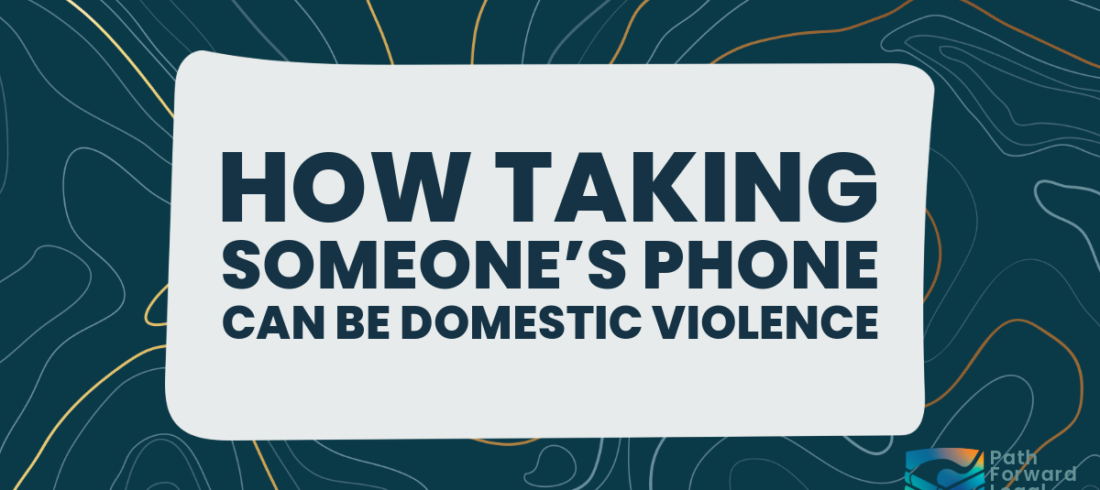If you’ve been in criminal court, you may have heard the judge ask if a prosecutor is “VRA compliant.” Or, you may have been told that a plea offer needs to be “VRA’d.” But what does VRA or the Victim’s Rights Act mean in a criminal case?
Before we answer 5 common questions about the Victim’s Rights Act, we want to make sure you know where we’re coming from. At Path Forward Legal, we are a criminal defense firm dedicated to helping people accused of crimes. We do not represent “victims” — unless you count the many people we’ve helped who are charged with a crime and who are also victims of abuse, or who acted in self defense.
So, our answers aren’t going to be the pro-government, you-don’t-deserve-a-defense party line that some people may expect when talking about victim’s rights. For that, the Colorado Division of Criminal Justice has information for victims and agencies on their webpage.
Q: What is the Colorado Victim’s Rights Act (VRA)?
A: The Victim’s Rights Act in Colorado is a set of laws granting rights to people who accuse others of a crime.
The stated purpose of the VRA is that it was designed to protect the rights and interests of victims in criminal and juvenile proceedings. It does that by requiring that victims are informed, allowed to be present, and heard at important stages throughout the criminal legal process.
One problem with the VRA is its definition of “victim.” You’ve probably heard of “innocent until proven guilty”? That doesn’t apply here. (It doesn’t apply most of the time, but that’s a topic for later.) If someone accuses someone else of a VRA crime, they are a victim under the statute as soon as charges are brought.
Q: How Does the VRA Affect a Criminal Defendant?
A: If you are a criminal defendant in a case that falls under the VRA, you need to be aware that the person accusing you of a crime (complaining witness, or victim) has specific rights that could impact the proceedings. For instance, the victim has the right to be heard at bond hearings and sentencing, which could influence the court’s decisions. Understanding these rights can help you and your attorney prepare a more effective defense strategy.
The requirements that a prosecutor informs the complaining witness of a plea offer sometimes delays court cases and requires a continuance of court dates. In addition, Colorado requires a defendant to be brought before a judge to acknowledge a Mandatory Protection Order before bail can be set in VRA cases. That means longer times in jail, even if you can post bond.
Q: Which Crimes Fall Under the VRA?
A: Crimes covered by the VRA include, but are not limited to, homicide, sexual assault, burglary, robbery, stalking, and domestic violence. If your charges are among these, expect that the victim will have a more active role in the proceedings, and that certain protocols must be followed by law enforcement and the court.
A full list of VRA crimes can be found here.
Q: Can the VRA Impact Plea Deals or Settlements?
A: Yes, victims have the right to be consulted about plea agreements or any other disposition of a case, although they don’t have the final say. This means that if you are considering a plea deal, the victim has the right to be informed and provide input, which the prosecutor may take into account.
This can work both ways — victims have a right to say that they want charges dropped, but prosecutors don’t have to listen. Similarly, a victim may ask for jail time and a prosecutor can still offer the defendant a plea deal for probation. Ultimately, it is up to the judge to decide on the sentence that will be imposed.
Q: How Can I Prepare My Defense in Light of the VRA?
A: Given the active role victims can play in cases covered by the VRA, it’s essential for you to work closely with your attorney to prepare for this. Understanding the VRA allows you to anticipate the victim’s involvement and strategize accordingly. Your attorney can guide you on how to present your case effectively while considering the VRA protocols.
Knowing the answers to these questions can give you an edge in your defense preparation. The Victim’s Rights Act is an important element of Colorado law that could have a significant impact on your case, so take the time to understand it.



